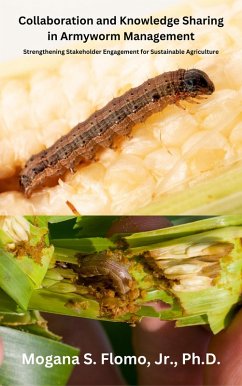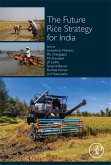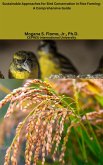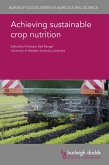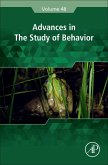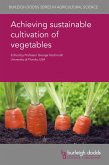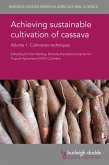The book begins by highlighting the importance of collaboration and knowledge sharing in addressing the threat of armyworm infestations. It delves into the various approaches and techniques used to facilitate collaboration among stakeholders, such as online collaboration platforms, content management systems, and knowledge management software. It also presents a template collaboration agreement that stakeholders can use as a reference when forming partnerships or joint initiatives.
Furthermore, the book explores the impact of armyworms on farming communities and the socioeconomic factors at play. It discusses the role of governments in implementing national armyworm control programs and providing subsidies for pesticides and inputs. The importance of extension services and farmer training in disseminating information and building capacity is emphasized.
The book also covers research and development support for armyworm control, including funding initiatives and the development of innovative control strategies. It highlights the significance of regional collaboration and cooperation among countries facing armyworm infestations for collective action and resource sharing.
To enhance readers' understanding, the book includes a glossary section that defines key terms and concepts related to collaboration, knowledge sharing, and armyworm management. Additionally, it provides an extensive list of additional readings and references for those interested in delving deeper into the topic.
Overall, this book serves as a comprehensive resource for stakeholders seeking to improve collaboration and knowledge sharing in armyworm management. It offers practical guidance, real-world examples, and valuable insights to foster sustainable agriculture practices and mitigate the impact of armyworm infestations on farming communities.
Dieser Download kann aus rechtlichen Gründen nur mit Rechnungsadresse in A, B, CY, CZ, D, DK, EW, E, FIN, F, GR, H, IRL, I, LT, L, LR, M, NL, PL, P, R, S, SLO, SK ausgeliefert werden.

